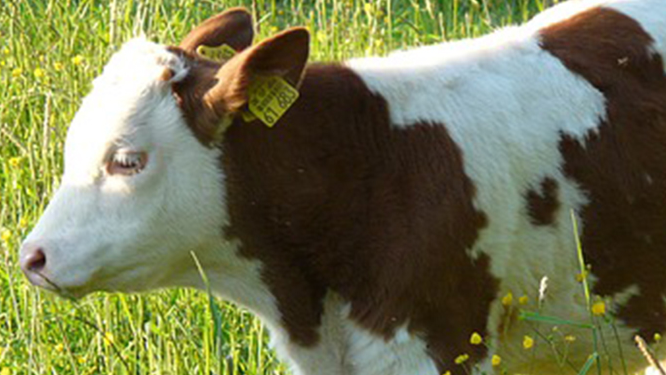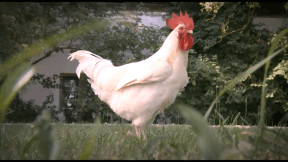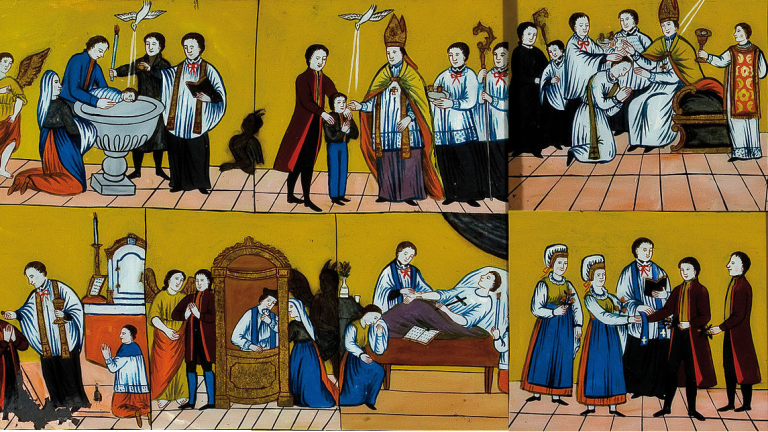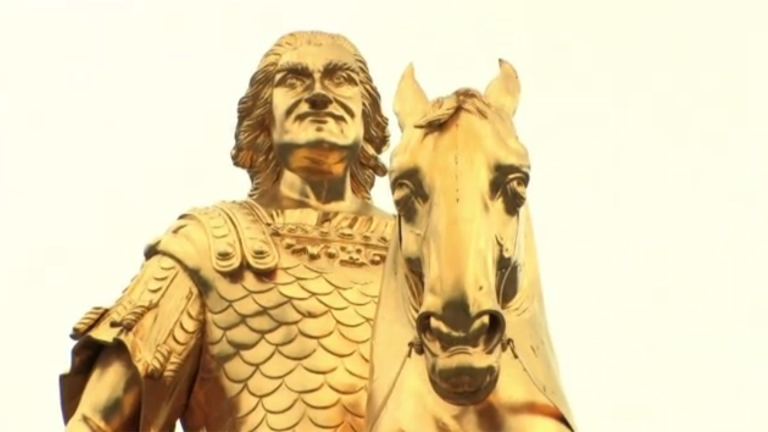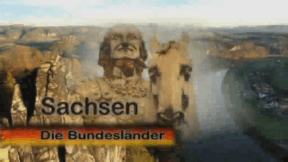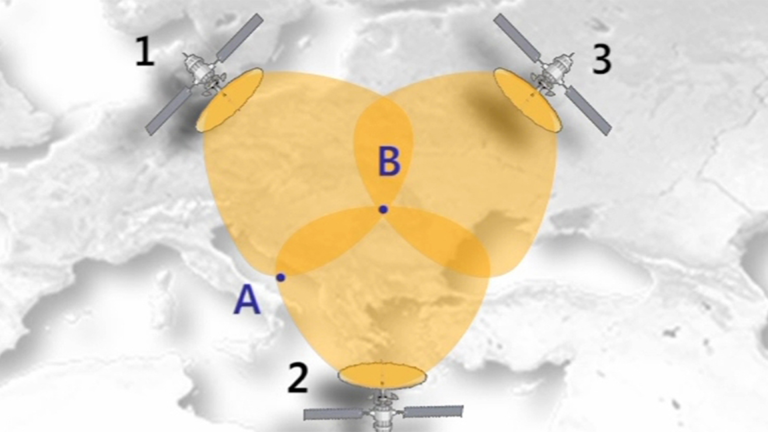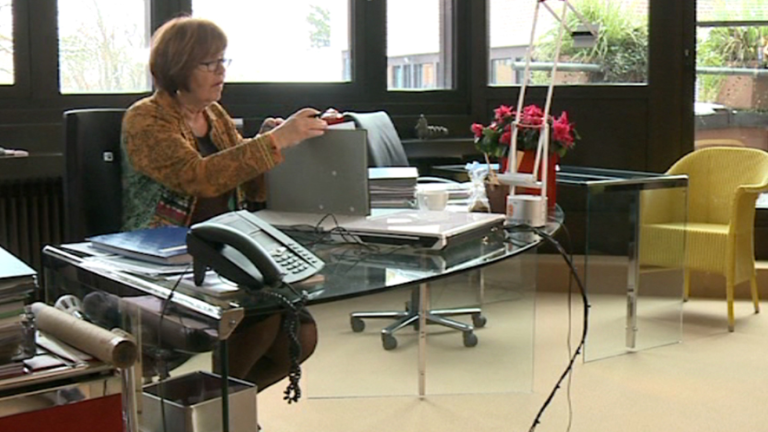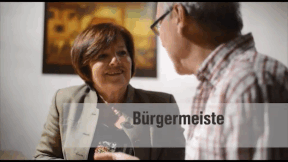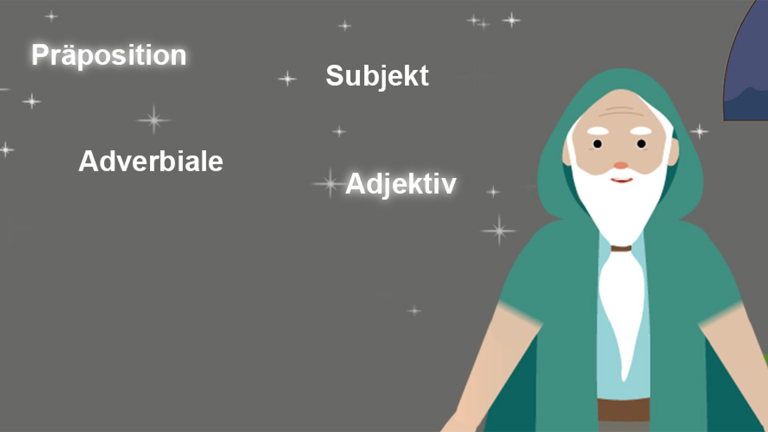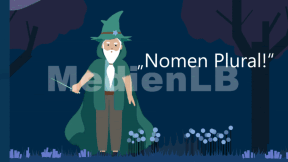Suche:
- # Artistry
- # Biology
- # Chemistry
- # Ecological
- # Economy
- # English
- # Foreign Language
- # Geography
- # German
- # Health
- # History
- # Informatik
- # Latin
- # Mathematics
- # Media Education
- # Music
- # Physics
- # Politics / Civics
- # Preschool
- # Primary School
- # Religion
- # Society
- # Sports
- # Technology
- # Training of Teachers
- # Vocational Education
Organic Farm
That is how we imagine an ideal farm. Free-range hens, cows are being driven from the pasture into the stable, a cat is straying across the yard, the dog is watching over everything... This farm of farmer Ponzaun, however, exists today only because he need not subsist on the profit he makes from selling the products grown on his farm. The main income on the Ponzaun farm derives from the guests who want to experience once again what life was like on a farm in former times. During their holiday on the farm the children and the grown-ups want to participate in the daily life that is determined by the care for and life together with the animals and nature.
Learn moreSacraments
The Sacraments – they are the visible and audible signs of the invisible workings of God on man. Often they occur at transitions and significant life events such as birth, admission into the community of Christians, growing up. These are the Sacraments of Initiation. In addition, there are the Sacraments of States of Life. They are administered for the decision to enter upon a lifelong companionship or a lifelong service in the Church. And finally, there are the Sacraments of Healing. The word "sacrament" comes from Latin and means: holy sign or also way of salvation.
Learn moreEuropa
Europa ist ein Subkontinent mit mehr als 750 Millionen Einwohnern. Es ist der am stärksten verstädterte der Kontinente und von großen klimatischen und geomorphologischen Gegensätzen geprägt.
Learn moreHesse
The federal state of Hesse is located in the centre of Germany and borders on the federal states of Lower Saxony, Thuringia, Bavaria, Baden-Wuerttemberg, Rhineland-Palatinate and North Rhine-Westphalia. Especially South Hesse, with the international financial and commercial centre as well as traffic hub Frankfurt on the Main, is one of the most densely populated and economically powerful regions of Germany.
Learn moreNorthrine-Westphalia
North Rhine-Westphalia unites many contrasting mentalities and forms of life and landscape. It is a land of low mountain ranges, lowlands and vibrant metropolises.
Learn moreSaxony
The federal state of Saxony lies in the southeast of the Federal Republic of Germany. Besides an overview of the state, this DVD offers a detailed description of the character and history of Saxony’s natural landscapes. One focus of the film is the chapter on the eventful history of this state, which renders the DVD suitable not only for geography lessons but also for history lessons. Besides natural resources and the industry, the chapter on Saxony’s economy discusses the cities of Dresden, Leipzig and Chemnitz in terms of their sights as well as their structure and regional economy. In view of the agricultural-ecological diversity of the state, agriculture is treated in a subchapter of its own. Due to the modular, modified regional-studies approach, the DVD is suited for both interdisciplinary and focus-oriented teaching strategies and access modes.
Learn moreEstonia
This DVD offers a well-structured overview of Estonia focusing on the following aspects: Location within the EU (border to Russia, situation at the Gulf of Finland), size and inhabitants, landscapes (regional land- scapes, mountains, rivers, islands), fauna and flora (moose, brown bear, lynx, natural parks), the climate, history (short survey) up to its present system of government, old and new relations with Germany, connections with Finland, traffic and infrastructure – the importance of the Gulf of Finland, infra- structure (e.g. country of the Internet), economic structure (agriculture, industry, mining and processing of oil shale and energy generation, tourism), important cities and sights, the capital of Tallinn, religion, traditions (e.g. Hansa Days Festi- val in Tallinn), lifestyle, food and drink, language, education, culture and music. Outstanding shots, didactically arranged computer charts, animated maps as well as historical pictures give the pupils a comprehensive overview of the country and its inhabitants in a form appropriate for their age group.
Learn moreSchool Caching
A treasure hunt in nature… and with GPS devices! Geocaching has been a real trend with lovers of nature for long and now more and more schools discover that pupils can be encouraged to head out into nature and, moreover, that learning content can be communicated creatively in this way. The pupils get the coordinates for the next station only by solving a maths problem, for example, or the various answer options are linked to coordinates. In addition, geocaching promotes thinking and working in groups and can be used to improve classroom community. In this DVD, a school class demonstrates us a school caching organised by their teachers in the Swabian Alps, the development of an educational cache and how GPS works. With the extensive accompanying material the didactic DVD is ideally suited for use in the classroom.
Learn moreParteien heute
Der Film stellt die Parteien in Deutschland in ihrer Rolle und Funktion für das politische Leben vor. Er zeigt, welche Bedingungen erfüllt sein müssen, damit aus einem Verein eine Partei werden kann und welche besondere Stellung Parteien im Grundgesetz und im Parteiengesetz zugestanden wird.
Learn moreMayor(ess)
Gauting is a municipality southwest of the city of Munich in Bavaria. About 20,000 people live in the municipality. But who actually ensures that such a system works? Who determines how and what is built? Who will ensure that traffic is regulated for all? That there are traffic lights, that pedestrians have their rights? Who makes sure that enough playgrounds are built and that there are schools for the children of the community to go to? Who leads the administration of such a municipality which is needed so that everything we take for granted in everyday life works smoothly? A mayor or mayoress takes care of all these activities. In Gauting, this is Brigitte Servatius. Today we want to visit the mayoress in the town hall with class 4c of the primary school Gauting and ask what a mayor actually does.
Learn moreSprache untersuchen
Der liebevoll animierte Film führt Grundschüler:innen in die grundlegenden syntaktischen Strukturen ein. In einem eigenen Kapitel werden die Wortarten vorgestellt und deren Verwendung dargestellt.
Learn more



